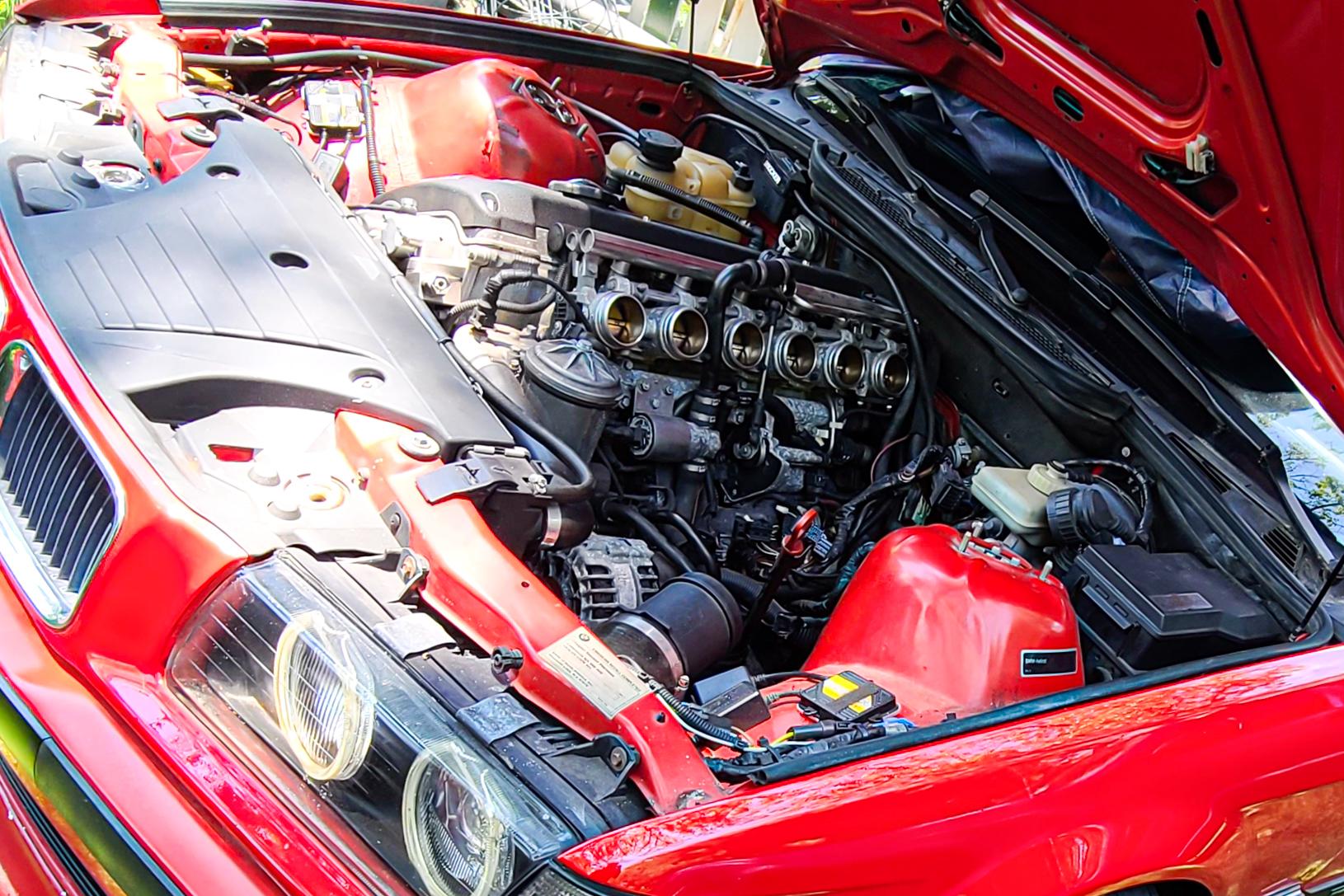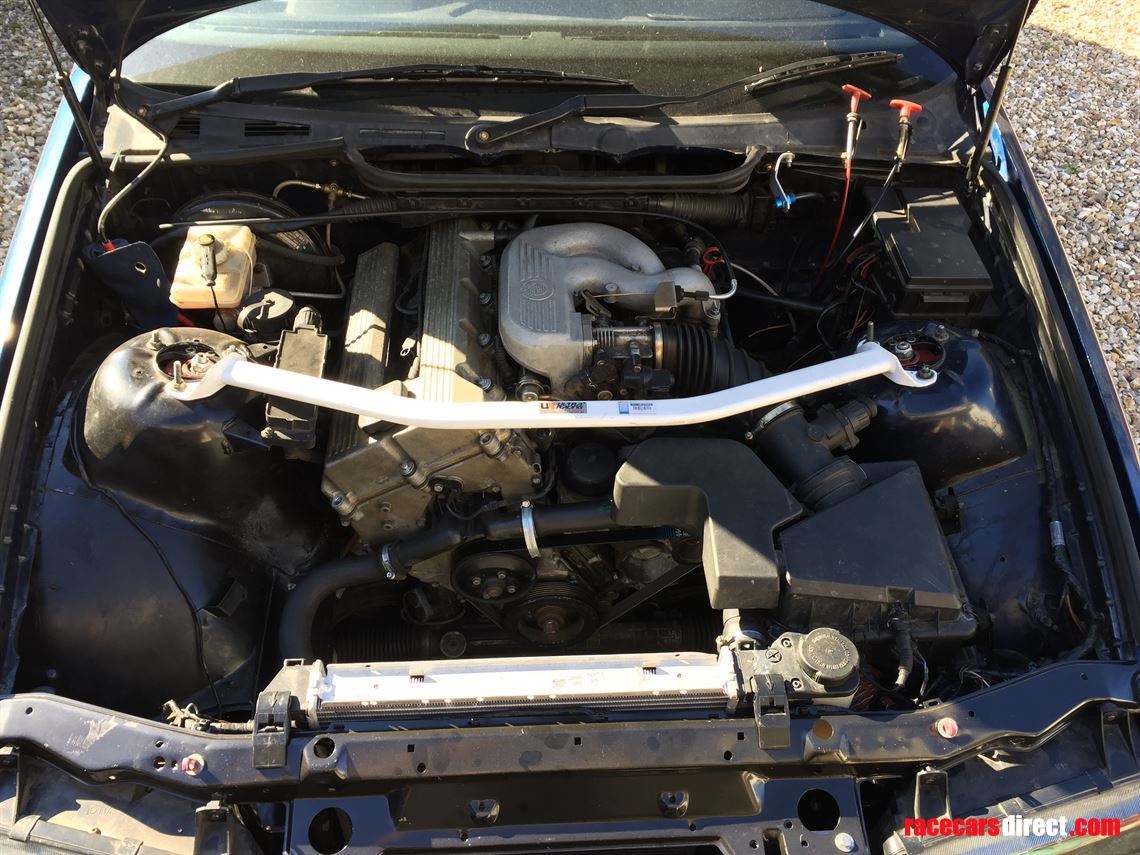Trick Features to Try To Find When Investing In an Engine for Automotive Applications
When considering the purchase of an engine for auto applications, numerous vital features necessitate careful analysis to guarantee optimum performance and capability. From power and efficiency abilities to sustain longevity, efficiency, and adherence to discharges criteria, each facet plays an essential role in identifying the engine's viability for particular automobile demands. Moreover, cost-effectiveness stays a crucial element in the decision-making process, stabilizing high quality with monetary considerations. These functions jointly add to the general effectiveness and dependability of the engine, affecting the driving experience and long-term fulfillment of the individual.
Power and Efficiency
When selecting an automotive engine, buyers focus on power and performance to guarantee ideal driving experience and performance. The power output of an engine, usually measured in horse power (HP) or kilowatts (kW), determines the acceleration, top speed, and general capacities of a vehicle. Higher power scores typically lead to quicker velocity and much better performance, specifically during overtaking or carrying hefty loads. Performance, on the other hand, incorporates a wider range of qualities, consisting of gas performance, emissions, reliability, and total driving characteristics. A well-performing engine not just provides power successfully yet additionally operates smoothly across various rate varieties and driving problems.
Additionally, factors such as engine turbocharging, crossbreed, and variation modern technologies play considerable roles in boosting both power and efficiency levels. Inevitably, choosing an engine that supplies a powerful mix of power and performance ensures a efficient and satisfying driving experience.
Fuel Effectiveness
Enhancing gas performance is a paramount consideration for customers when evaluating automotive engine options. Modern engines with attributes like straight fuel shot, turbocharging, and variable shutoff timing can dramatically improve fuel performance by improving burning procedures and decreasing power loss.

Resilience and Reliability
Attaining lasting performance and reliable procedure is essential for consumers evaluating the sturdiness and dependability of vehicle engines. When taking into consideration an engine for automobile applications, resilience describes the engine's ability to withstand wear, stress, and rough operating conditions over an extended duration. Reliability, on the various other hand, implies that the engine can constantly perform its designated function without unanticipated failures or failures.
Customers should seek engines built with top notch products and specific engineering to make sure longevity. Components such as pistons, bearings, and crankshafts ought to be sturdy to manage the engine's power result without premature wear. Furthermore, engines geared up with sophisticated air conditioning systems, efficient lubrication, and durable filtration systems have a tendency to show higher degrees of integrity.
Normal upkeep and adherence to manufacturer referrals are also important variables in preserving an engine's toughness and integrity. By adhering to maintenance timetables, utilizing recommended liquids, and resolving any kind of concerns without delay, customers can make the most of the life-span and efficiency of their automobile engines. Inevitably, focusing on sturdiness and integrity in engine selection can bring about a much more gratifying possession experience with fewer unexpected disruptions.
Exhausts Compliance
Ensuring compliance with discharges laws is a crucial element of assessing automotive engines for environmentally conscious consumers. With enhancing problems concerning air high quality and environmental impact, strict discharges requirements have actually been placed in location internationally to reduce unsafe pollutants launched right into the atmosphere. When acquiring an engine for automotive applications, it is important to consider its emissions conformity to reduce the Recommended Site carbon footprint and comply with legal demands.
Modern engines are geared up with innovative emission control modern technologies such as catalytic converters, exhaust gas recirculation (EGR) systems, and careful catalytic decrease (SCR) to reduce unsafe exhaust gases like nitrogen oxides (NOx), carbon monoxide (CO), and hydrocarbons (HC) These systems play an important role in making certain that the engine fulfills the defined emissions standards and operates within permitted restrictions.

Cost-effectiveness
When considering automobile engine acquisitions, evaluating cost-effectiveness is paramount for consumers looking for both efficiency and worth. Cost-effectiveness in engine purchase includes greater than just the preliminary acquisition cost. It incorporates the total expenses connected to maintenance, gas consumption, and prospective fixings over the engine's life-span. Selecting an engine that offers an equilibrium between in advance costs and long-term financial savings can result in substantial benefits for the consumer.
One trick facet of cost-effectiveness is gas efficiency. Engines that are created to maximize gas economy can lead to significant cost savings over time, specifically for individuals who drive frequently or over fars away. Furthermore, taking into consideration the schedule and price of spare parts and maintenance can add to the total cost-effectiveness of an engine. Making sure that repair and maintenance are easily accessible and sensible can stop unforeseen economic problems down the line.

Final Thought
Finally, when buying an engine for auto applications, it is critical to think about crucial features such as power and performance, fuel performance, longevity and integrity, discharges conformity, and cost-effectiveness. These factors are important in making certain that the engine satisfies the needs of the lorry and operates properly in various driving problems - bmw 318ti. Making a notified decision based on these standards will ultimately result in a effective and reliable vehicle engine purchase
From power and performance capabilities to sustain adherence, performance, and longevity to emissions criteria, each aspect plays a crucial function in identifying the engine's suitability for specific automotive demands. check my blog Engines developed to run on different fuels such as electrical power, crossbreed systems, or biofuels can supply better gas economy and reduced emissions contrasted to standard gasoline or diesel engines. Customers should carefully think about the fuel efficiency ratings and innovations included right into vehicle engines to make informed getting choices that straighten with their top priorities for price savings and sustainability.
When considering an engine for automobile applications, durability refers to the engine's ability to withstand wear, stress and anxiety, and extreme operating conditions over an extensive duration.In final thought, when purchasing an engine for vehicle applications, it is crucial to consider key functions such as power and efficiency, fuel efficiency, toughness and dependability, exhausts conformity, and cost-effectiveness.